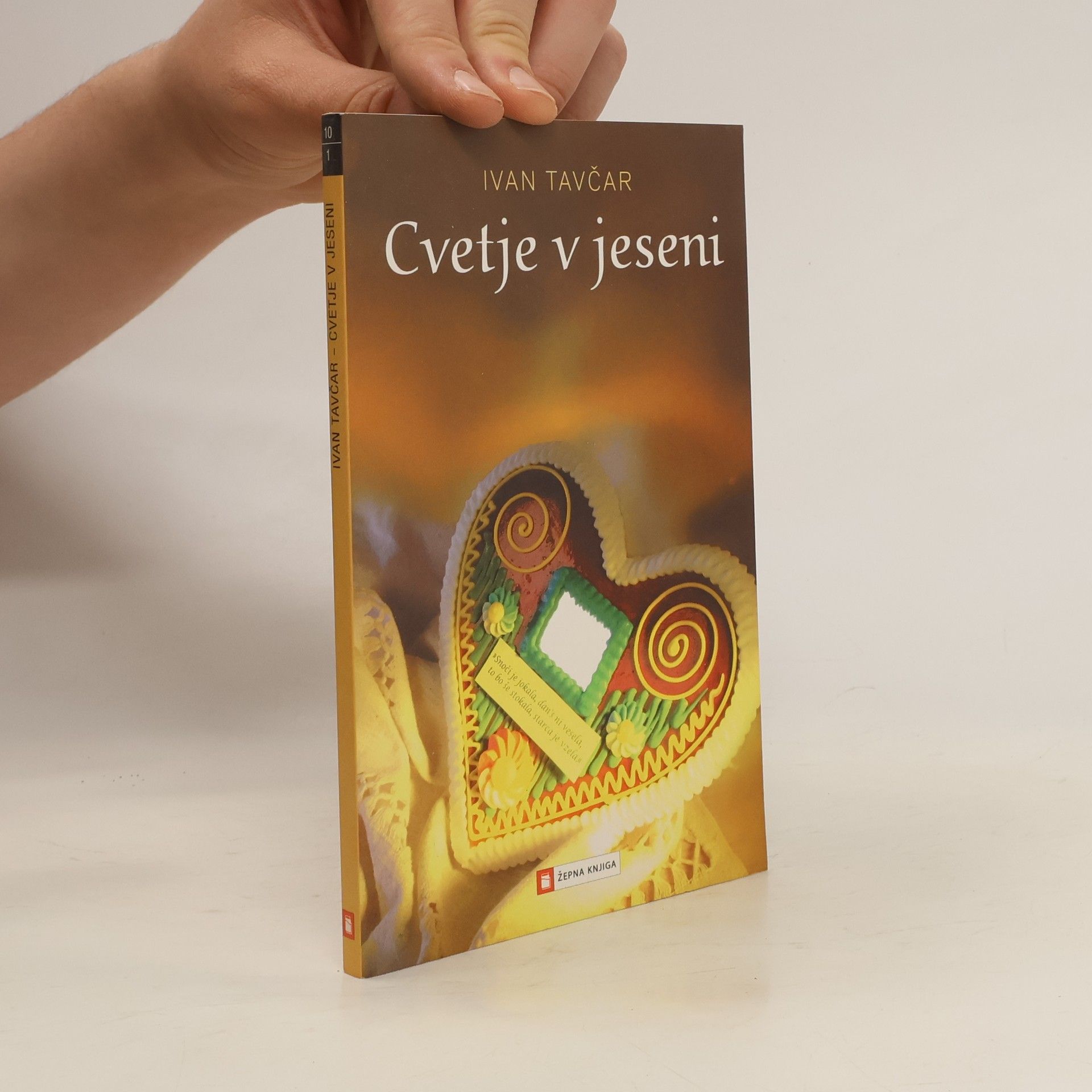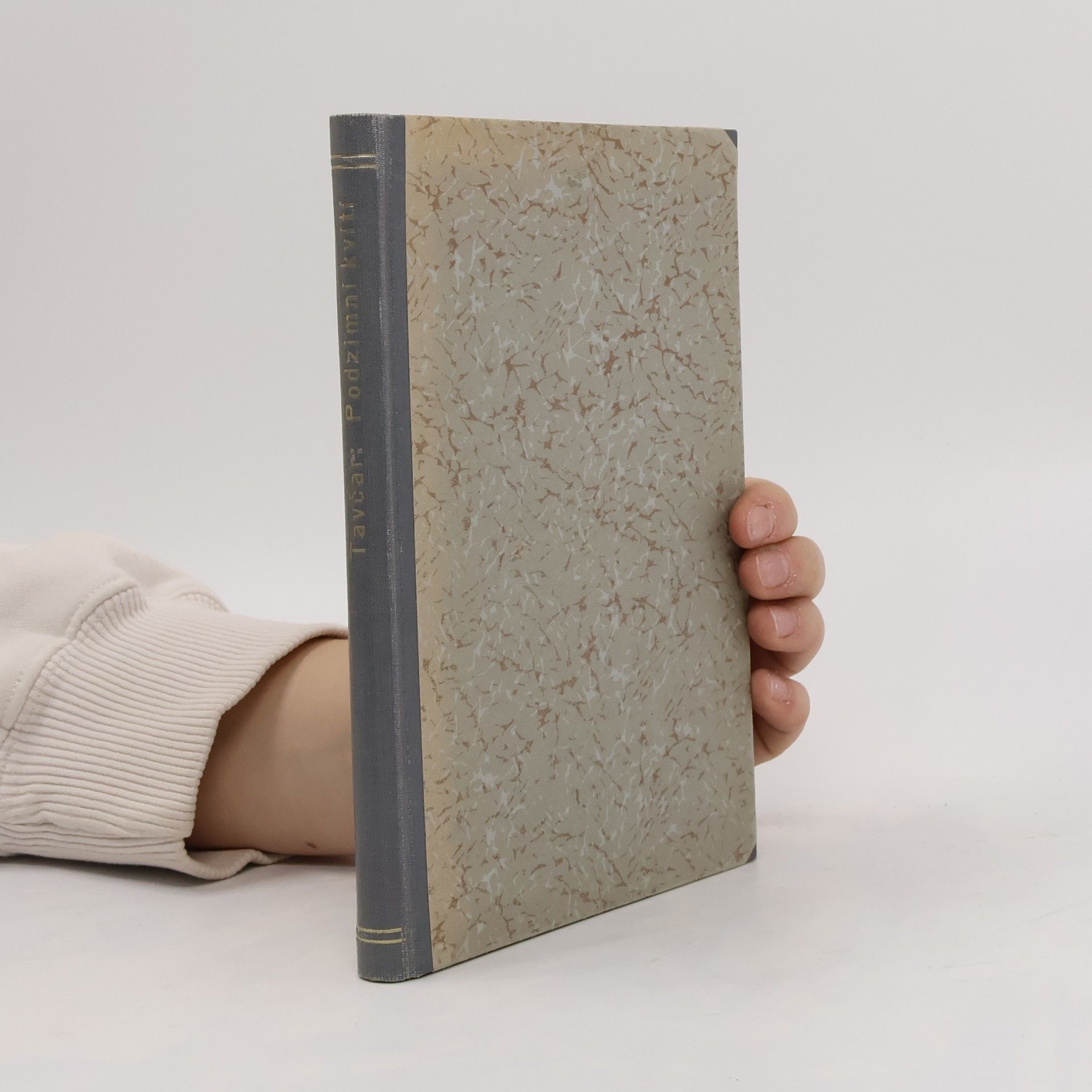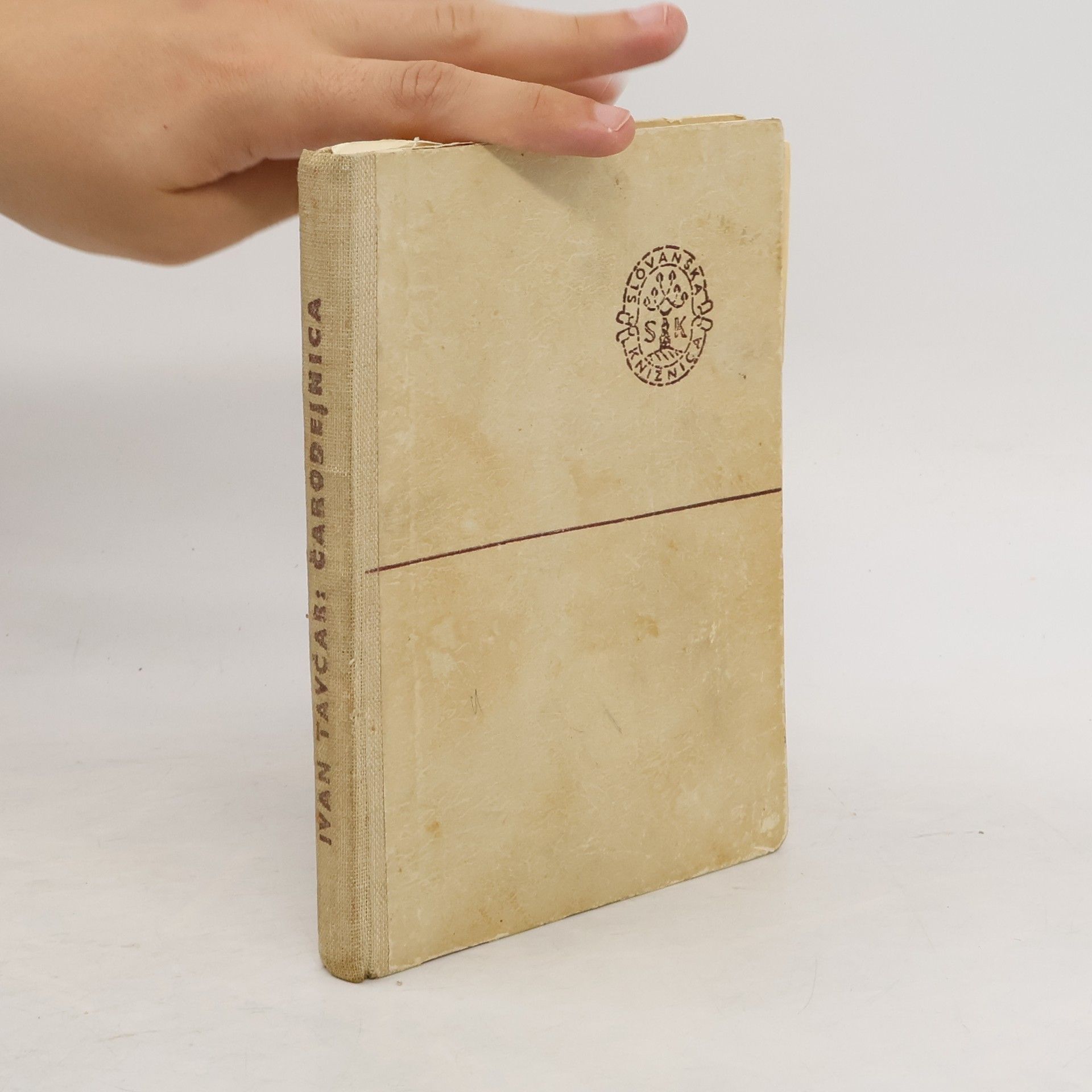Ivan Tavčar Knihy
Tavčar sa narodil do chudobnej roľníckej rodiny, no jeho literárne dielo často preniká do hlbín ľudskej psychiky a spoločenských neduhov. Vo svojej tvorbe majstrovsky zachytáva napätie medzi tradíciou a modernitou, často s dôrazom na vidiecky život a jeho premeny. Jeho štýl je charakteristický realizmom a prenikavým pozorovaním ľudského konania. Prostredníctvom svojich textov skúma zložité vzťahy medzi jednotlivcami a spoločnosťou, a to všetko s hlbokým porozumením pre ľudské motivácie.





The Visoko Chronicle
- 260 stránok
- 10 hodin čítania
This historical novel—Visoška kronika in the Slovene original—is about two generations of the owners of the Visoko estate in the Duchy of Carniola, a predominantly Slovene province of the Habsburg Empire, in the seventeenth century. The events of the estate and the fate of its owners are affected by witchcraft persecutions, the mistreatment of Protestants, and the Thirty Years' War. These themes are key to the construction of a Slovene national identity, which was going through a decisive phase as Tavčar was writing. By the time the novel was released in 1919, his nation had left the Habsburg Crown for the new Kingdom of Serbs, Croats, and Slovenes. The work is both romantic and realistic. The deeply romantic motive of crime, repentance, and punishment intertwines the lives of father and son. The very acquisition of the estate is connected to a murder, which casts a long shadow over the next generation. Tavčar insists on the principle of man's full responsibility for his acts, which can be repaired with action and determination. The author's bleak realistic description of the farm life at Visoko reflects his polemical view of the Slovene farmer of his time.
V uvodnem delu pisatelj razvija misel, da le z naravo povezan kmečki človek še živi naravno, globoko in čustveno. Cvetje v jeseni je prispodoba za ljubezen med meščanskim Janezom in kmečkim dekletom Meto. Povest ima naslov Cvetje v jeseni, ker Janezova pozna, a nežna in iskrena ljubezen do Mete zaradi njene nenadne smrti, tako kot cvetje v jeseni, ne obrodi sadov. Vodilna tema je nasprotje med meščanskim in kmečkim načinom življenja. Z osebno izkušnjo to nasprotje pokaže Janez, ki zgodbo pripoveduje.